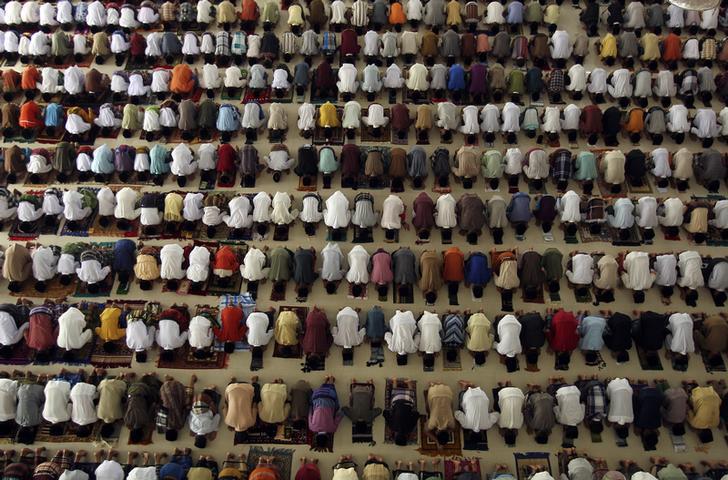By Jenilyn Brhel
Impunity Watch Reporter, Europe
Rights groups are calling out the Dutch government for “inhuman conditions” in Dutch terror jails.

Amnesty International (Amnesty) and The Open Society Justice Initiative (OSJI) produced a sixty-page report that details inhumane treatment of those both convicted of and suspected of terror offenses in the country.
The allegations are focused on two maximum security jails, where detainees are held in special terrorism units, the De Schie prison and the New Vosseveld prison.
The report finds that inmates are typically held in individual cells for periods of 19 – 22 hours a day. When they are allowed out of their cells, contact is severely limited.
Both those convicted and not are subjected to routine and frequent “full-nudity body searches that are invasive and humiliating.”
Many inmates are hesitant to discuss private and personal matters with visiting family members due to strict audio and video surveillance and physical monitoring by prison authorities.
Prison officers often accompany inmates to medical examinations and are present in the rooms while confidential medical examinations are being conducted.
In compiling their report, Amnesty and OSJI conducted interviews with approximately 50 people, including 19 former detainees.
One of the problems with the system is that anyone who is awaiting trial for a terrorism-related crime is automatically placed in a terrorism unit, which allegedly “undermines their right to be presumed innocent until proven guilty.”
Crime in the Netherlands has been on a steady decline since 2004 as a result of a focus on rehabilitation instead of punishment. As a result, prison conditions for those incarcerated for non-terror offenses have improved. However, as the report finds, the conditions in jails and prisons for convicted terrorists and terrorist suspects have deteriorated.
“Many of the measures routinely used in the terrorist units can unnecessarily isolate and humiliate people and as such violate The Netherlands’ human rights obligations,” Amnesty International Netherlands representative Doutje Lettinga said, “Even a person who poses no proven security threat can be held in one of the country’s harshest detention regimes.”
In response to the report, Dutch authorities have expressed willingness to make reforms. However, both Amnesty and OJSI do not think that the government’s plans adequately address the human rights concerns in the terrorism units.
Jonathan Horowitz, speaking for the Open Society Justice Initiative, said that “any reforms must be carefully designed and implemented to ensure maximum transparency and compliance with The Netherlands’ human rights commitments. Security measures must not be excessive or arbitrary.”
For more information, please see:
International Business Times – Terrorists Searched Naked and Kept in Cells 22 Hours a day on ‘Inhuman’ Dutch Prisons, Amnesty Warns – 31 October 2017
The Irish Times – Netherlands Strongly Criticized for Treatment of Terror Suspects – 31 October 2017
NL Times – Dutch Terror Suspects Treated Inhumanely in Prison: Human Rights Organizations – 31 October 2017
The Washington Post – Rights Groups Criticize ‘Inhuman’ Dutch Terror Jails – 31 October 2017



